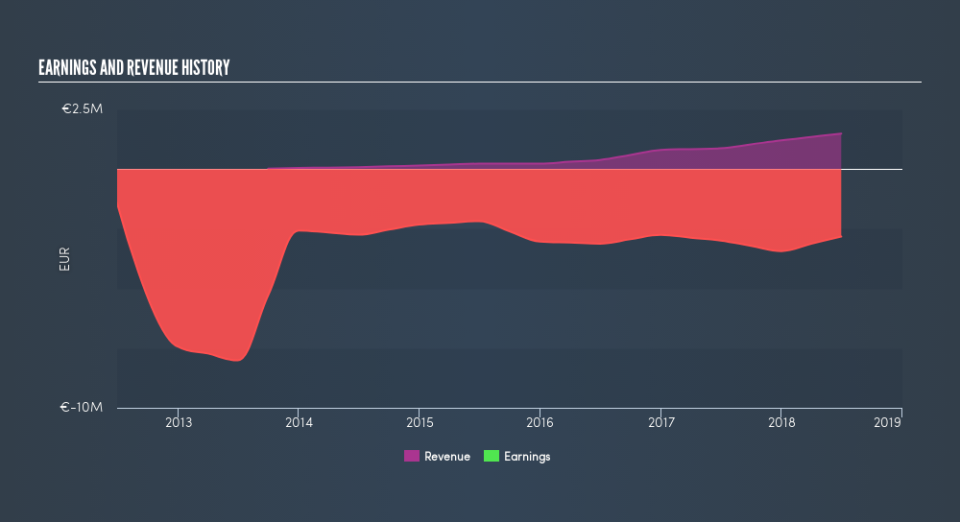How Does Investing In Fox Marble Holdings PLC (LON:FOX) Impact The Volatility Of Your Portfolio?

If you're interested in Fox Marble Holdings PLC (LON:FOX), then you might want to consider its beta (a measure of share price volatility) in order to understand how the stock could impact your portfolio. Volatility is considered to be a measure of risk in modern finance theory. Investors may think of volatility as falling into two main categories. The first type is company specific volatility. Investors use diversification across uncorrelated stocks to reduce this kind of price volatility across the portfolio. The second sort is caused by the natural volatility of markets, overall. For example, certain macroeconomic events will impact (virtually) all stocks on the market.
Some stocks see their prices move in concert with the market. Others tend towards stronger, gentler or unrelated price movements. Beta can be a useful tool to understand how much a stock is influenced by market risk (volatility). However, Warren Buffett said 'volatility is far from synonymous with risk' in his 2014 letter to investors. So, while useful, beta is not the only metric to consider. To use beta as an investor, you must first understand that the overall market has a beta of one. A stock with a beta greater than one is more sensitive to broader market movements than a stock with a beta of less than one.
Want to participate in a short research study? Help shape the future of investing tools and you could win a $250 gift card!
Check out our latest analysis for Fox Marble Holdings
What does FOX's beta value mean to investors?
Zooming in on Fox Marble Holdings, we see it has a five year beta of 0.85. This is below 1, so historically its share price has been rather independent from the market. This suggests that including it in your portfolio will reduce volatility arising from broader market movements, assuming your portfolio's weighted average beta is higher than 0.85. Share price volatility is well worth considering, but most long term investors consider the history of revenue and earnings growth to be more important. Take a look at how Fox Marble Holdings fares in that regard, below.
Does FOX's size influence the expected beta?
With a market capitalisation of UK£16m, Fox Marble Holdings is a very small company by global standards. It is quite likely to be unknown to most investors. Very small companies often have a low beta value because their share prices are not well correlated with market volatility. This could be because the price is reacting to company specific events. Alternatively, the shares may not be actively traded.
What this means for you:
The Fox Marble Holdings doesn't usually show much sensitivity to the broader market. This could be for a variety of reasons. Typically, smaller companies have a low beta if their share price tends to move a lot due to company specific developments. Alternatively, an strong dividend payer might move less than the market because investors are valuing it for its income stream. In order to fully understand whether FOX is a good investment for you, we also need to consider important company-specific fundamentals such as Fox Marble Holdings’s financial health and performance track record. I urge you to continue your research by taking a look at the following:
Financial Health: Are FOX’s operations financially sustainable? Balance sheets can be hard to analyze, which is why we’ve done it for you. Check out our financial health checks here.
Past Track Record: Has FOX been consistently performing well irrespective of the ups and downs in the market? Go into more detail in the past performance analysis and take a look at the free visual representations of FOX's historicals for more clarity.
Other High-Performing Stocks: Are there other stocks that provide better prospects with proven track records? Explore our free list of these great stocks here.
We aim to bring you long-term focused research analysis driven by fundamental data. Note that our analysis may not factor in the latest price-sensitive company announcements or qualitative material.
If you spot an error that warrants correction, please contact the editor at editorial-team@simplywallst.com. This article by Simply Wall St is general in nature. It does not constitute a recommendation to buy or sell any stock, and does not take account of your objectives, or your financial situation. Simply Wall St has no position in the stocks mentioned. Thank you for reading.

 Yahoo Finance
Yahoo Finance 
